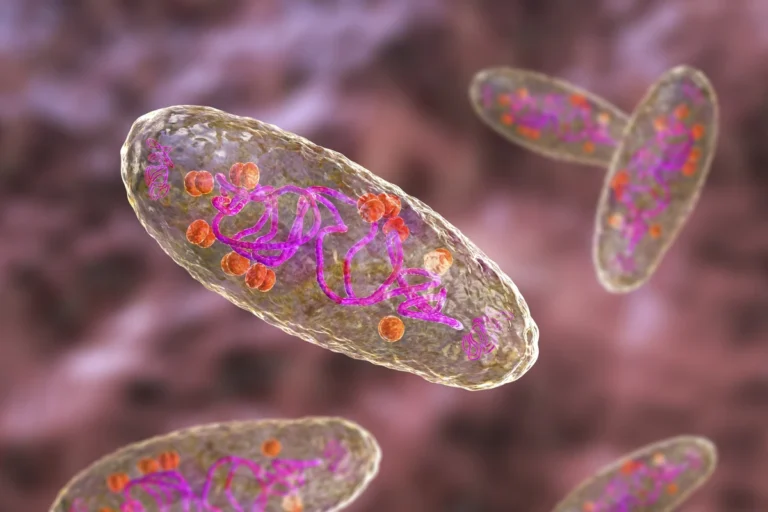Understanding Adult ADHD
Adult ADHD Management Tips: Attention Deficit Hyperactivity Disorder (ADHD) isn’t just a condition that affects children; it can persist into adulthood, presenting unique challenges in various aspects of life. While managing adult ADHD might seem daunting, there are effective strategies that can help individuals lead fulfilling lives despite the condition.
Table of Contents
Recognizing the Symptoms
Adults with ADHD may exhibit symptoms such as impulsivity, disorganization, difficulty maintaining focus, and restlessness. These symptoms can significantly impact work performance, relationships, and overall well-being.
Identifying Common Challenges
Work Productivity
Adults with ADHD often struggle with time management, organization, and maintaining focus at work. This can lead to decreased productivity and frustration.
Relationship Dynamics
The impulsivity and inattention associated with ADHD can strain relationships, leading to misunderstandings and conflicts with partners, family members, and friends.
Effective Strategies for Managing Adult ADHD
1. Establishing a Routine
Creating a structured daily routine can help individuals with ADHD stay organized and manage their time effectively. This includes setting specific times for waking up, meals, work, and leisure activities.
2. Utilizing Time Management Techniques
Implementing techniques such as breaking tasks into smaller, manageable steps, setting deadlines, and using timers can improve focus and productivity.
3. Embracing Technology
Various apps and tools are available to assist individuals with ADHD in staying organized, managing tasks, and minimizing distractions. These include calendar apps, task managers, and noise-canceling headphones.
4. Seeking Professional Support
Consulting with a healthcare professional, such as a psychiatrist or therapist, can provide valuable guidance and support in managing ADHD symptoms. Medication, therapy, and behavioral interventions may be recommended based on individual needs.
5. Practicing Mindfulness and Relaxation Techniques
Mindfulness meditation, deep breathing exercises, and yoga can help adults with ADHD reduce stress, improve focus, and enhance self-awareness.Adult ADHD Management Tips
Conclusion : Adult ADHD Management Tips
Adult ADHD Management Tips: While living with adult ADHD presents unique challenges, implementing effective strategies and seeking support can significantly improve overall well-being and quality of life. By embracing routines, utilizing tools and techniques, and prioritizing self-care, individuals with ADHD can successfully navigate daily life and achieve their goals.
FAQs : Adult ADHD Management Tips
1. Can adult ADHD be treated with medication alone?
While medication can be an effective treatment for managing ADHD symptoms, it is often combined with therapy and lifestyle modifications for optimal results.
2. Is ADHD a lifelong condition?
ADHD is a chronic condition that can persist into adulthood, but with proper management, individuals can lead fulfilling lives.
3. Are there specific dietary recommendations for managing adult ADHD?
While no specific diet is proven to cure ADHD, maintaining a balanced diet rich in fruits, vegetables, lean proteins, and whole grains can support overall brain health.
4. Can adults with ADHD benefit from support groups?
Joining a support group for adults with ADHD can provide a sense of community, understanding, and valuable coping strategies.
5. How can I explain my ADHD to friends and family?
Communicating openly and honestly about ADHD with loved ones can help them better understand the condition and provide support when needed.







